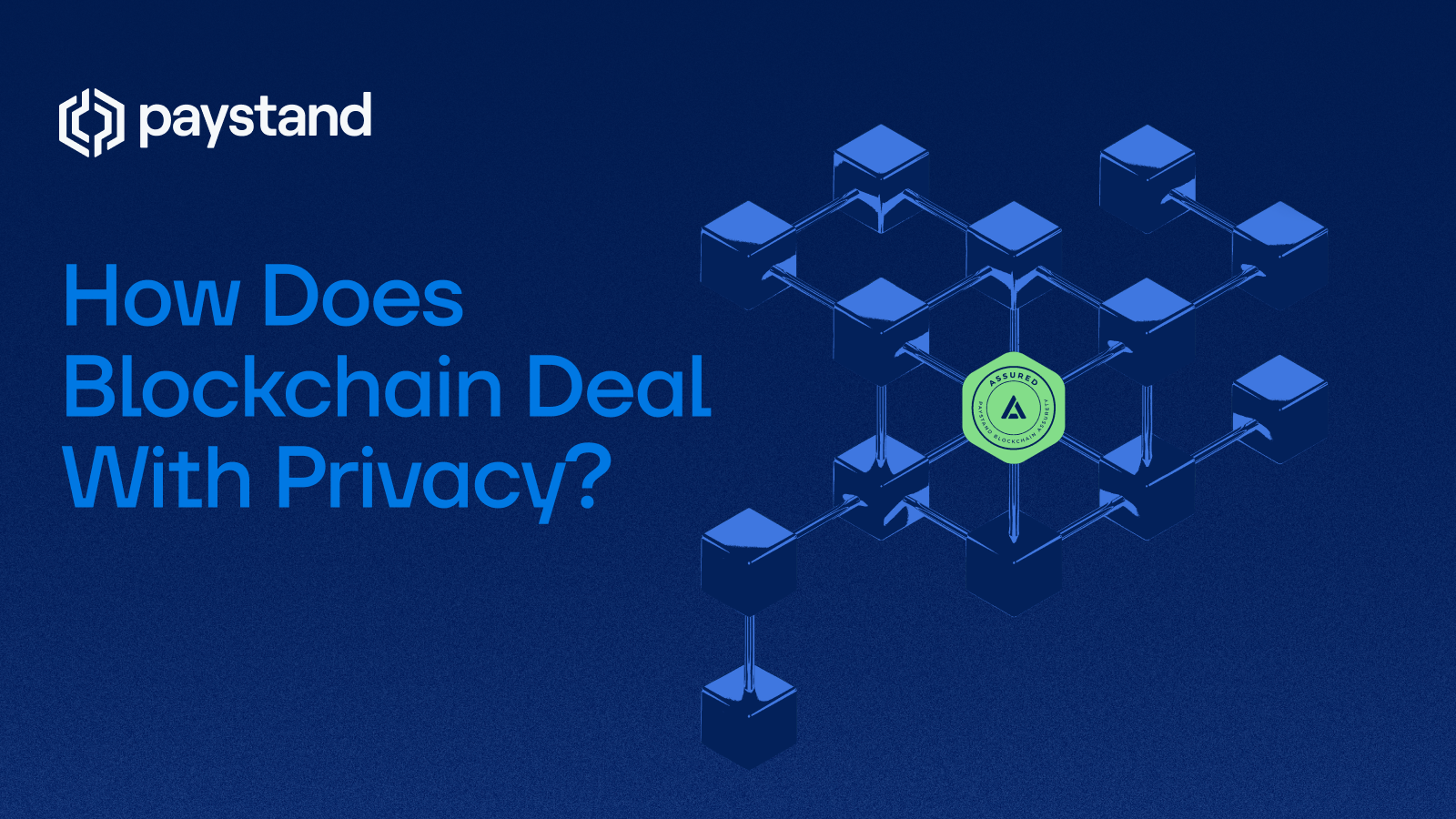How Does Blockchain Deal With Privacy?

Table of Contents
- How Blockchain Enhances Data Privacy
- Challenges for Data Privacy
- Is Blockchain 100% Secure?
- How Can I Implement Blockchain Technology to Improve My Organization’s Data Privacy Compliance?
- What Are the Key Benefits of Using Blockchain for Customer Data Privacy in Financial Services?
Key Takeaways
- Blockchain enhances data privacy through decentralization, encryption, and selective transparency.
- Challenges remain, including compliance with privacy laws, public accessibility, and scalability trade-offs.
- Blockchain isn’t 100% secure, but it is more resistant to fraud, tampering, and breaches than centralized systems.
- Organizations can use blockchain for compliance by integrating it with financial workflows, accounting systems, and data protection strategies.
- Financial services benefit most from blockchain by reducing fraud, improving transparency, and strengthening customer trust.
Blockchain is often praised for its transparency, security, and decentralization. But what does that mean for privacy? In this article, we’ll explore how blockchain manages data privacy, what challenges remain, and how businesses can leverage it to strengthen compliance and customer trust.
For a foundational overview, check out What Is Blockchain Technology.
How Blockchain Enhances Data Privacy
At its core, blockchain provides data integrity and immutability. Each transaction is stored across a distributed ledger, reducing the risk of unauthorized tampering.
Key ways blockchain enhances privacy:
- Decentralization: Data isn’t stored in one central database, reducing single points of failure.
- Encryption: Transactions use advanced cryptographic techniques to keep sensitive details hidden.
- Selective Transparency: Public blockchains allow visibility of transactions but not personal identifiers, while private blockchains give organizations more control over access.
For businesses handling accounts receivable and other sensitive financial workflows, this ensures both accuracy and privacy. Learn more in Accounts Receivable Automation.
Challenges for Data Privacy
While blockchain improves trust, it also presents challenges:
- Public Accessibility: Even if data is pseudonymous, transactions can sometimes be traced back to individuals.
- Scalability vs. Privacy: Adding advanced privacy layers (like zero-knowledge proofs) can slow down networks.
- Regulatory Compliance: Blockchain’s immutability can clash with privacy laws (e.g., GDPR’s “right to be forgotten”).
These trade-offs mean organizations must carefully design their blockchain strategies. In industries like Blockchain Payments or Decentralized Finance, compliance becomes as important as innovation.
Is Blockchain 100% Secure?
No technology is completely invulnerable, and blockchain is no exception. While the distributed structure and cryptography make it far more secure than traditional centralized systems, risks still exist.
Potential vulnerabilities include:
- 51% attacks on smaller blockchains.
- Smart contract bugs (see more on Smart Contracts).
- Integration risks when blockchain connects with legacy systems.
That said, blockchain is considered among the most secure methods for recording financial transactions and protecting customer data in industries like banking, supply chain, and accounting. See Blockchain in Accounting.
How Can I Implement Blockchain Technology to Improve My Organization’s Data Privacy Compliance?
Organizations looking to use blockchain for compliance should:
- Define Objectives: Clarify whether the goal is improving financial transparency, safeguarding customer data, or streamlining reporting.
- Choose the Right Blockchain Type: Public blockchains offer transparency, while private or consortium chains provide more control over access.
- Integrate With Existing Systems: Align blockchain with accounting, CRM, and ERP platforms for seamless compliance.
- Monitor Regulatory Requirements: Ensure compliance with accounting standards and data protection laws.
- Explore Hybrid Approaches: Combine blockchain with AI and off-chain storage for greater flexibility.
Industries from B2B crypto payments to enterprise accounting are adopting blockchain to ensure both compliance and efficiency. Learn more about B2B Crypto Payments.
What Are the Key Benefits of Using Blockchain for Customer Data Privacy in Financial Services?
For financial services, blockchain offers several unique advantages:
- Stronger Security: Encryption keeps personal and financial data safe from breaches.
- Improved Transparency: Customers gain trust knowing their transactions are auditable.
- Reduced Fraud: Immutable ledgers make it nearly impossible to alter past records.
- Operational Efficiency: Automating workflows through blockchain reduces reliance on intermediaries.
These benefits extend beyond customer trust, they streamline compliance and improve financial reporting. In fact, blockchain is reshaping entire industries, from fintech to blockchain in accounting.
Learn how AI and blockchain are transforming finance in our free guide: AI and Blockchain: Powering the Future of Finance.
Looking for more technical information? Check out our Blockchain team's article on Anonymous State Pinning








%20(1)%20(1).jpg?width=100&height=100&name=IMG_3752%20(1)%20(1)%20(1).jpg)